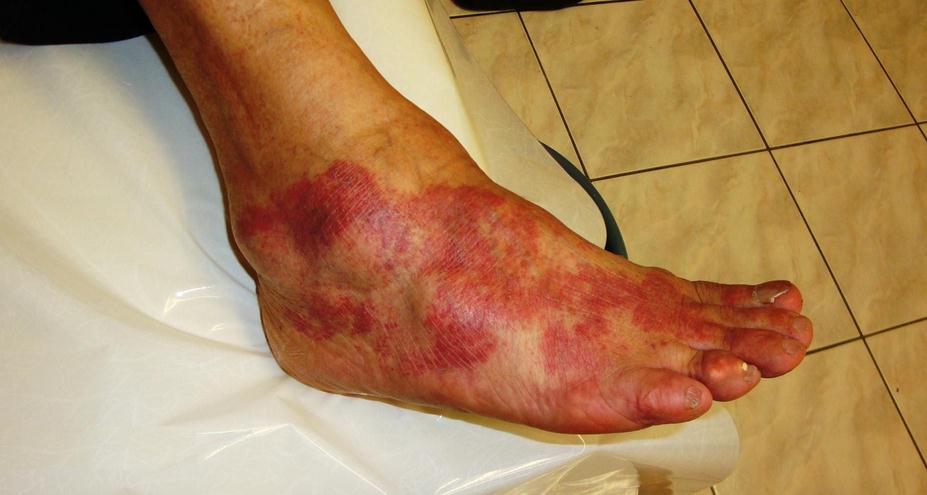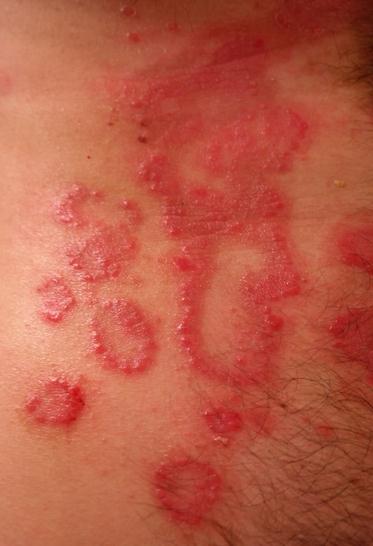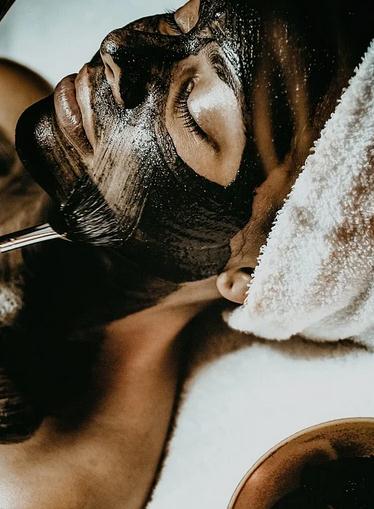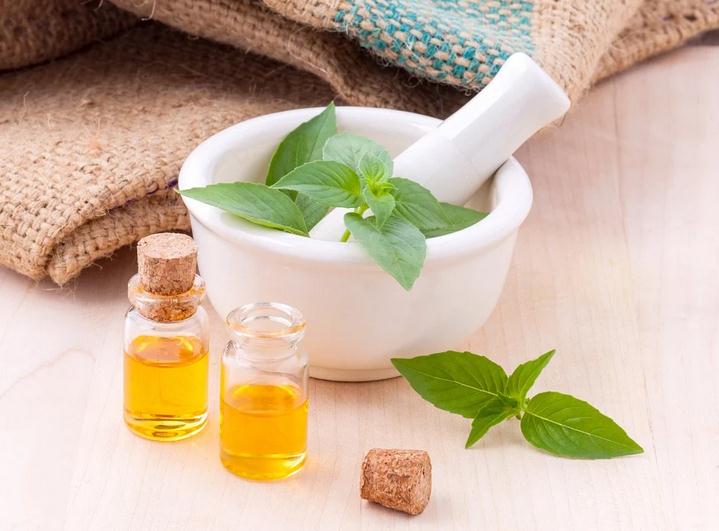Do you love summer? Indeed Summer is an enjoyable season!
However, nothing puts a damper on the party having terrible skin. It makes you think about redness, acne, sunburn, dryness—basically, inflammation. We also recommend you click the link and find out the best online casino usa where you can win real money.
What is Skin Inflammation?
Maintaining your overall health requires a strong immune system. Your immune system detects and neutralizes foreign invaders like pathogenic microorganisms and cancer cells. Making sure your body has enough nurients by using a supplement like Balance of Nature may help aid your immune system.
Your skin, like any other area of your body, can play a role in immunological responses. A rash is caused by skin inflammation. It’s usually a result of your immune system’s reaction to things like:
- infections
- internal disease or condition
- allergic reaction
Some of the most frequent causes of skin inflammation may be familiar to you, such as:
- dermatitis
- psoriasis
- various skin infections
In, Simple words skin inflammation is your body’s natural response to germs. However, what happens if the illness spreads too far? Is there a way you calm down inflamed skin?
Yes, there are several tips you may do at home to help alleviate skin inflammation. Also, check out www.bestaucasinosites.com if you want to know the best online casinos in Australia this year.
Tips To Reduce Skin Inflammation
Reducing skin Inflammation is not an easy task. However, following some tips and remedies for skin inflammation to reduce it would be an absolute help!
Below are mentioned some standard effective for reducing skin Inflammation:
1. Avoid Sun
One of the most common causes of skin inflammation is sun exposure. If you continue to hang out outside, you risk aggravating the already irritated area. As a result of the prolonged exposure, the skin becomes irritated and susceptible to inflammation. If you want to go outside, make sure to wear a hat, sunglasses, and sunscreen!
2. Rinse With Cool Water
When it comes to soothing inflamed skin, a chilly shower is always a good idea. Use oatmeal-based soaps instead of abrasive scrubbing and loofahs. However, don’t soak for too long and be wary of increasing the temperature (of the water), as both will dry up the skin even more and rob it of its natural oils.
3. Give Your Regular Skin Care Routine a Break
Inflammation in the skin can make it more sensitive to components you casually use without issue, causing regular products to aggravate the problem. Use a light cleanser and moisturizer to keep things as simple as possible. Finally, resist the impulse to conceal the redness with makeup, which can irritate the skin.
4. Moisturize
While inflammation wreaks havoc on the surface layer of your skin, a moisturizer can help seal the top layer of injured skin, protecting it from infection until it heals. Want to look for the anti-inflammatory and cooling properties of moisturizer? Use an aloe vera-based moisturizer!
5. Check Your Diet
Keep in mind to avoid dairy, sugar, and processed meals, which can clog your pores and cause acne by causing your skin to generate too much oil. Stick to fresh fruits and green leafy vegetables, and refill your glass of water more frequently.
6. Wear Comfortable Clothes
Did you know the clothes you wear might be a cause of skin inflammation? Yes, avoid tight clothing as it causes skin rashes inflammation on the skin that has already got injured. So choose loose clothing that won’t stick to your skin and will keep you cool!
7. Natural Home Remedies
Natural home remedies that chill and soothe the skin are a good choice. It is because of their anti-inflammatory characteristics. Oatmeal, green tea, honey, and cucumber get used for cleansing components regularly to help reduce redness.
If you have skin inflammation, here are some home remedies for skin inflammation:
- Cold Compress: Because the red inflammation is hot, you should apply a cold compress to it. Cold showers help relieve the itching of the rash, and a damp cloth gets used to compress the irritation and limit its spread. You can also utilize ice-filled bags in some circumstances.
- Oatmeal Bath: Oats are fantastic for treating skin problems. Linoleic oil, oleic acid, and avenanthramides are anti-inflammatory compounds found in them. Fill your bathtub halfway with warm water, soak for 30 minutes, and then rinse with lukewarm water.
- Aloe Vera: When it comes to skin, fresh aloe vera is highly beneficial. It is utilized as an anti-inflammatory component in cosmetic products and is known to relieve skin irritation. It is antibacterial, antiviral, and antioxidant, and it can cure wounds. It’s best if you use a freshly picked gel from the plant.
- Coconut Oil: For allergic reactions, coconut oil is the best option. It works as a skin moisturizer and has antibacterial and anti-inflammatory qualities. For your rash, use virgin coconut oil. If it irritates you, stop using it immediately.
- Tea Tree Oil: Tea tree oil is a powerful antibacterial and anti-inflammatory agent. It is a plant-derived essential oil that’s steam-distilled. Before applying it directly to the rash, it needs to get diluted. Combine it with an oil such as almond or coconut oil.
- Baking Soda: Every family has this powder! Baking soda does wonders for itchy and irritated skin, such as rashes and bug bites.
- Apple Cider Vinegar: This chemical relieves irritated skin and can also get used on the hair. It is antibacterial and can be used to treat a variety of diseases. However, before using apple cider vinegar, dilute it. However, perform a patch test first to ensure that your skin does not get any more inflamed.
- Epsom Salt: It is used to relieve muscle problems in a warm bath. It is high in magnesium and other minerals and aids in itch relief. Fill your bath with Epsom salts and immerse your skin for 15 minutes. After that, rinse, pat dry, and apply a moisturizer.
- Plant Oils: To relieve discomfort, use plant oils such as olive oil. Argan oil, jojoba oil, chamomile oil, and safflower seed oils are also good options. They can be used as a skin moisturizer and are readily available on the market.
If the problem persists, consult a dermatologist about anti-inflammatory cream or tablets. Last but not least, we can only do our best to protect our skin, so don’t be too hard on yourself!
Bottom Line
Inflammation of the skin can strike at any time, especially during the summer. Take care of your skin, follow the tips and remedies for skin inflammation mentioned above!
The article makes sure to provide you with enough information regarding the topic.
We recommend checking out how anti-inflammatory gel works!






